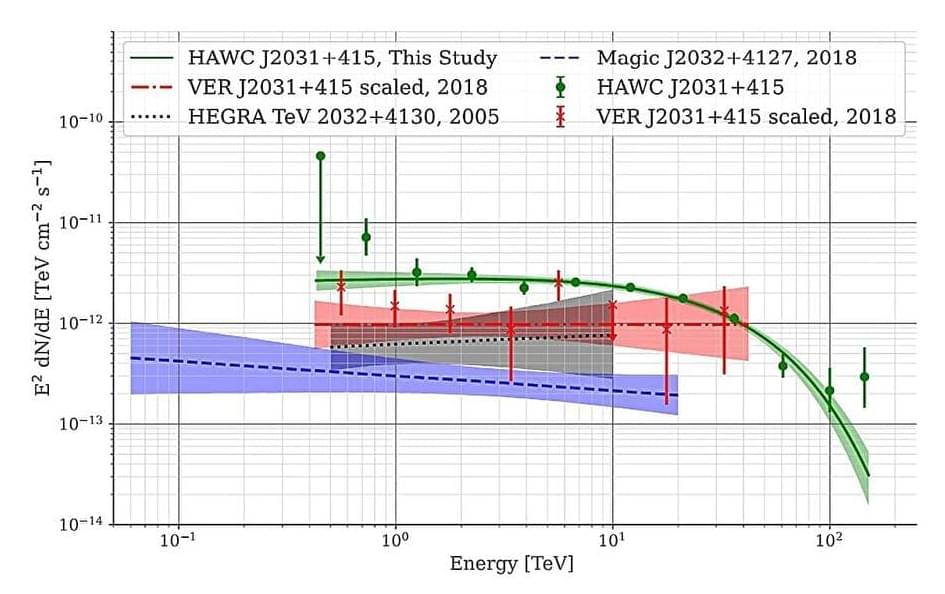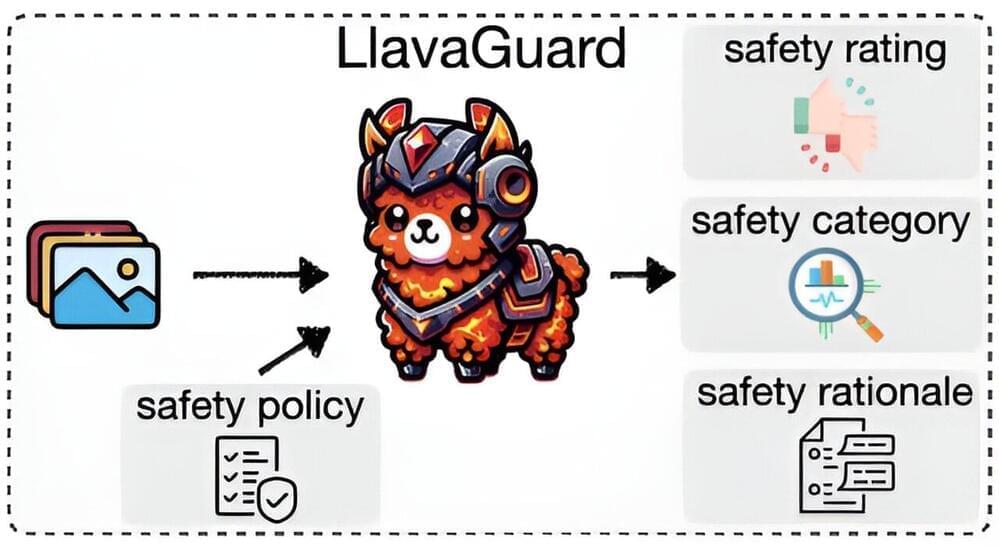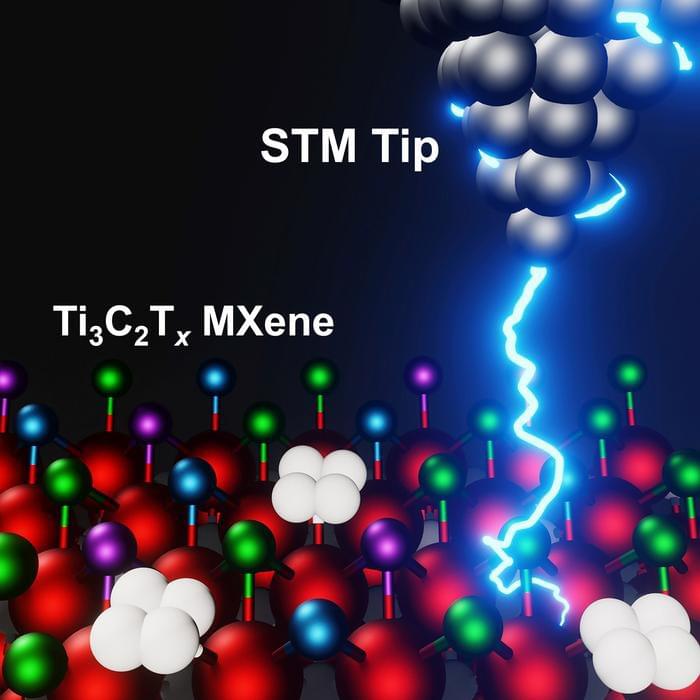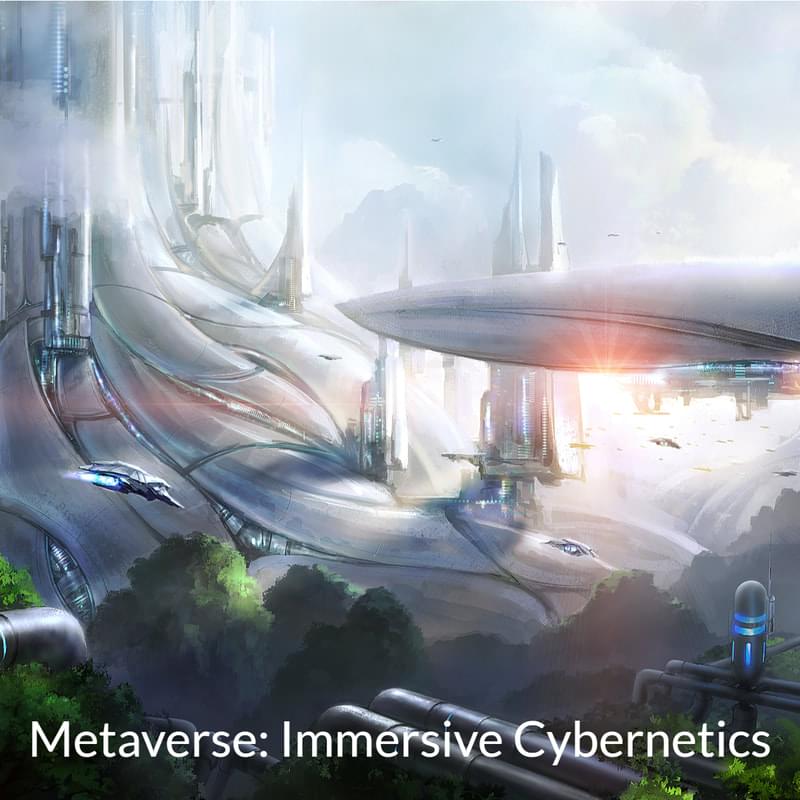Using the High-Altitude Water Cherenkov (HAWC) observatory, an international team of astronomers has observed a very-high energy gamma-ray source designated TeV J2032+4130. Results of the observational campaign, presented July 3 on the preprint server arXiv, provide crucial information regarding the nature of this source.
Sources emitting gamma radiation with photon energies between 100 GeV and 100 TeV are called very-high energy (VHE) gamma-ray sources, while those with photon energies above 0.1 PeV are known as ultra-high energy (UHE) gamma-ray sources. The nature of these sources is still not well understood; therefore, astronomers are constantly searching for new objects of this type to characterize them, which could shed more light on their properties in general.
TeV J2032+4130 was identified in 2005 by the High Energy Gamma Ray Astronomy (HEGRA) experiment as the first VHE gamma-ray source in the TeV range with no lower-energy counterpart. Previous observations of TeV J2032+4130 have revealed that it consists of two sources, namely HAWC J2030+409 and HAWC J2031+415, which is coincident with a pulsar wind nebula (PWN).







